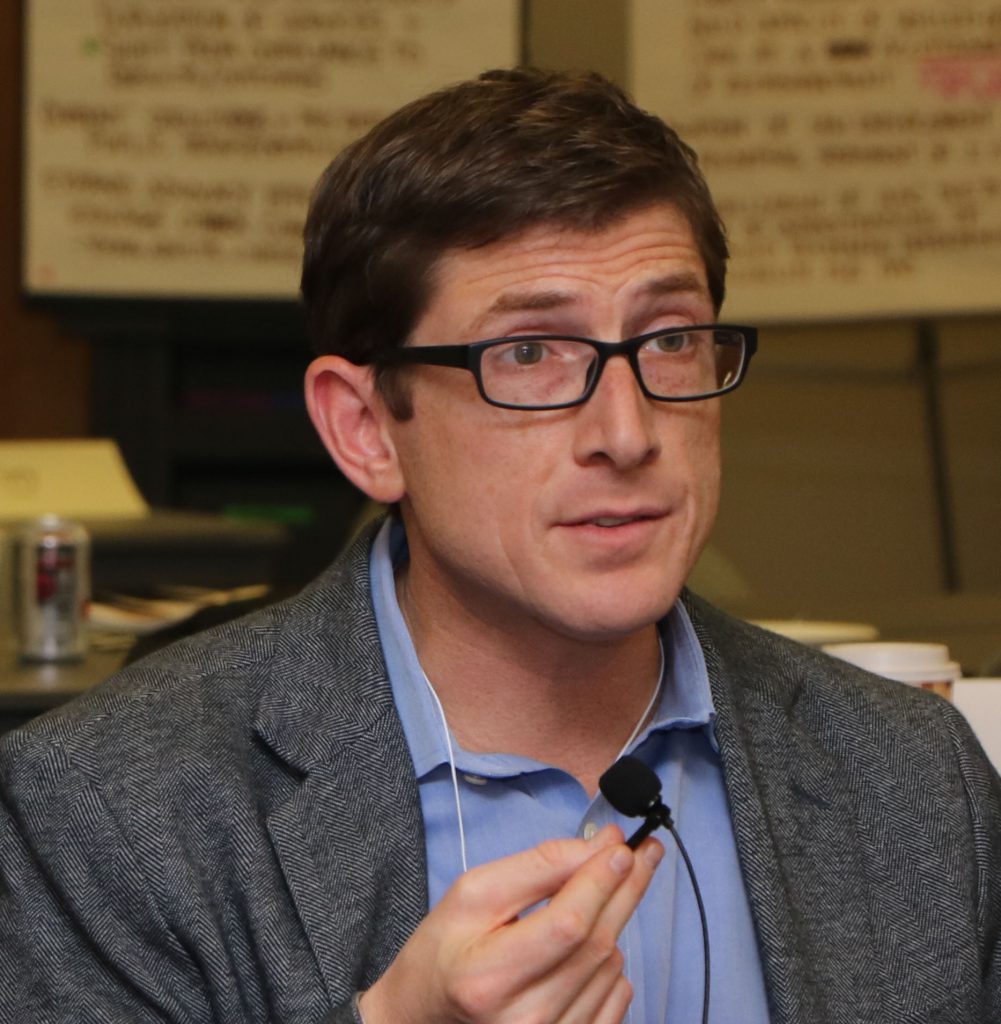CDS associate director to students with intellectual disabilities, families: college is an option
CDS Associate Director Brian Freedman discussed higher education options to an audience of self-advocates and family members at the Williams Syndrome Association National Convention in Baltimore, Md. last week. He was participating in a panel discussion moderated by the project director of Think College, a national organization dedicated to fostering inclusive college programs.
Freedman said that college has rarely been an option for young adults with Williams syndrome, which is characterized in part by mild to moderate intellectual disability, but programs like UD’s Career and Life Studies Certificate (CLSC) have been working to reverse that trend.
He described the CLSC combination of classwork, job training and one-on-one coaching as a way students with intellectual disabilities hone the skills they need for a successful transition to adult life. One CLSC feature that caught the attention of audience members and panelists alike was its emphasis on immersing students in UD’s general student body. CLSC students audit UD courses or take them for credit, meet regularly with peer mentors, engage with campus and community social activities and have the option to live full-time in residence halls.
Freedman says attendees showed particular interest in how Delaware state government supports students with intellectual disabilities pursuing higher education. In addition to existing grants offered by several state agencies, Delaware Gov. John Carney recently signed a law creating tuition assistance for in-state transition and postsecondary programs.
This entry was posted in News, News from CDS and tagged Brian Freedman, Career and Life Studies Certificate (CLSC), Governor John Carney, Think College, University Education, Williams Syndrome.

